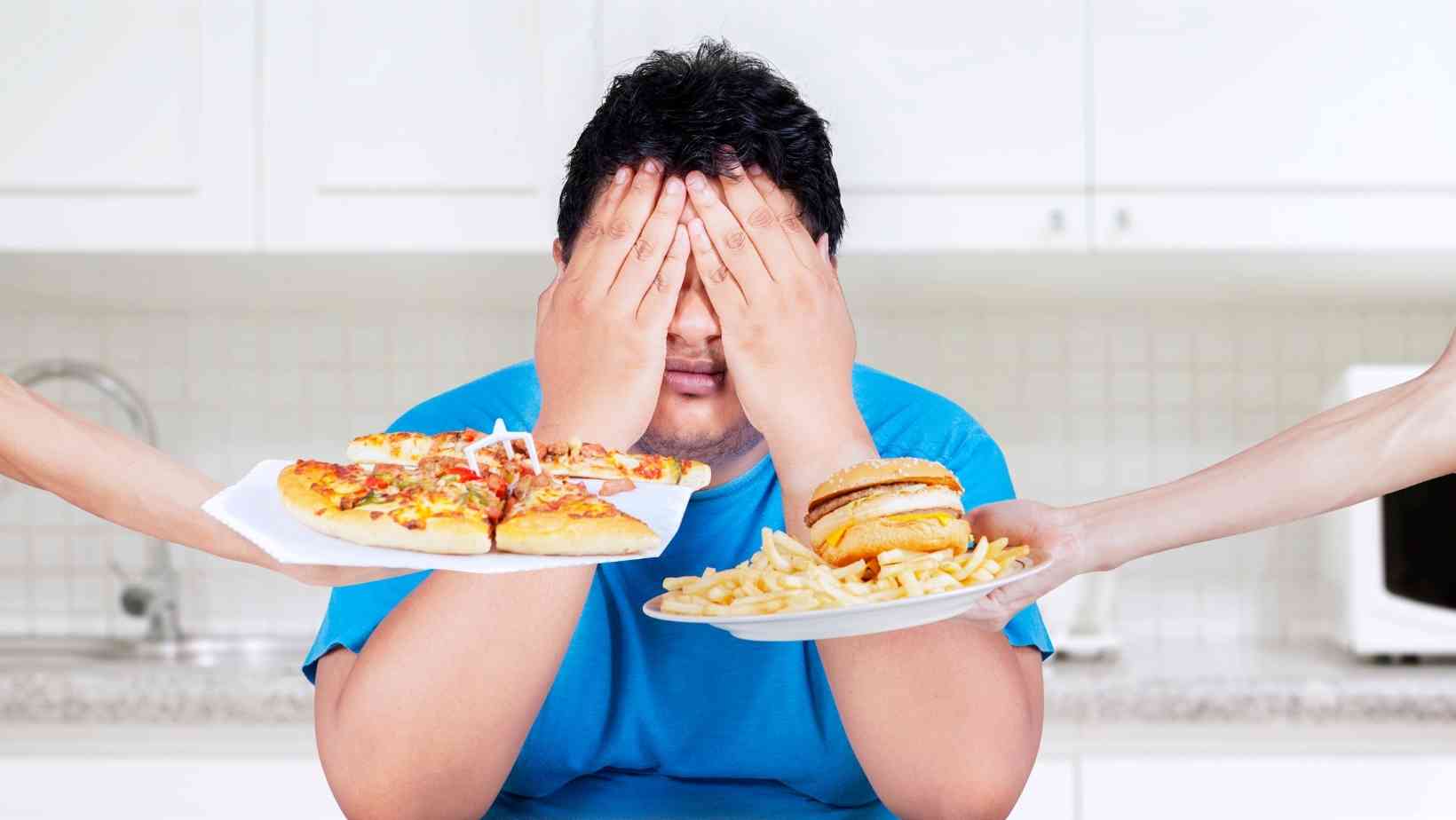Many of us have done it: eating junk food after a long day at work or binge-watching our favorite TV show on Netflix while eating chips and drinking Coke. It's logical, given that these meals are designed to be addictive, causing you to seek, buy, and consume them on a regular basis. Food makers, on the other hand, make sure that their products are excellent and leave you wanting more. Regrettably, this type of food—junk food—is unhealthy.

Jump to:
What exactly is junk food?
Junk food is low in nutrients and high in empty calories. Added sugar, trans fat, salt, and preservatives are also prominent in these foods. Unfortunately, the majority of fast-food restaurants sell junk food such as fries, ice cream, soft drinks, and other beverages. So, what does all of them mean? What happens to your body when you eat junk food, and why is junk food bad?
As previously said, junk food contains a lot of added sugar, a lot of sodium, and a lot of trans fat. This translates to more calories, bad cholesterol, and blood sugar, all of which are hazardous for your heart and circulatory system. Eating loads of junk food can also result in excessive weight gain and an increased risk for type 2 diabetes.
How do you get rid of your junk food addiction?
You may be wondering how to stop yourself from seeking junk food now that you understand why junk eating is unhealthy. After all, it's impossible to say no to a juicy hamburger, a side of deep-fried French fries, and a tall glass of Pepsi. Here are some strategies for preventing yourself from eating another bag of chips and other foods:
Make a meal plan
Planning out your meals for the week ahead can help you control your hunger. If you prepare a nutritious supper for the day, for example, you'll be less likely to eat fast food or go to a convenience store to buy unhealthy snacks.
You can also avoid eating out by bringing a packed lunch to work. Cook in batches to ensure that you have enough food for the entire week. There are a plethora of delectable and healthful recipes available on the internet. You can also save money by cooking and bringing your own food.
Make sure you get lots of water
Drinking plenty of water can help you control your hunger. Drink a glass of water instead of chips, sweets, or a sugary beverage if you find yourself craving them. It has the potential to wipe away your desires for bad food.
Keeping a large water bottle (500 milliliters to 1 liter) at your workspace is one way to enhance your water intake. It will be much easier for you to control your desires this way. When the urge to urinate arises, simply take a large mouthful of water. We recommend drinking at least eight glasses of water per day, or two liters.

Take a break from your urges
Apart from drinking water, you might divert your attention away from your cravings by distracting yourself with anything else. Taking a walk, for example, helps divert your attention away from harmful snacks. Simple housekeeping chores or reorganizing your office can go a long way toward reducing your cravings.
Eat nutritious and balanced meals
Starvation is never a smart choice and will simply make your cravings worse. Instead, eat healthy meals that are heavy in protein, such as fish and beans. These foods can help you feel satisfied and avoid overeating. If you're desiring sweets, you can also include extra fruits in your diets, such as berries, bananas, and watermelons. They include natural sugars, are high in vitamins, and have no preservatives.
Take control of your stress levels
If you tolerate stress eating, it can spiral out of control. When you're upset or concerned about work, you'll find yourself eating chips or buying a tub of ice cream more frequently. You may find yourself consuming more unhealthy foods or overeating as a result of this.
To avoid stress eating, try diverting your energy into more healthy pursuits. There are numerous methods for dealing with stress. To calm your tensions and focus on what has to be done, you can use breathing or meditation exercises. Instead of stress eating as a coping mechanism, consider writing in a notebook, talking to a loved one, or seeking support from a mental health professional.
Get enough rest
Strong desires might also be a result of a lack of sleep. If you don't get enough sleep, you're more likely to get hungry and give in to your cravings. This is why it's critical to get to bed early and sleep for at least eight hours each night.

Avoid checking your phone after you're in bed. Because of the blue light emitted by your electronics, it may take you longer to fall asleep at night. Caffeine should, of course, be avoided several hours before bedtime. It's also a good idea to stay away from heavy dinners. It may be more difficult to fall and stay asleep if you have a full stomach.
You can efficiently manage your urges
Junk food consumption is harmful to one's health. This is why it's critical that you control your desires. Using the suggestions we've provided can help you better manage your urges. This will assist you in leading a healthy lifestyle and taking better care of your body.
While following these suggestions would undoubtedly be beneficial, it is important to remember to take things slowly. When you're having trouble controlling your cravings, be kind to yourself. Set yourself up for success by forming healthy habits and gradually reducing your junk food consumption. Avoiding unhealthy meals will become second nature to you before you know it.




